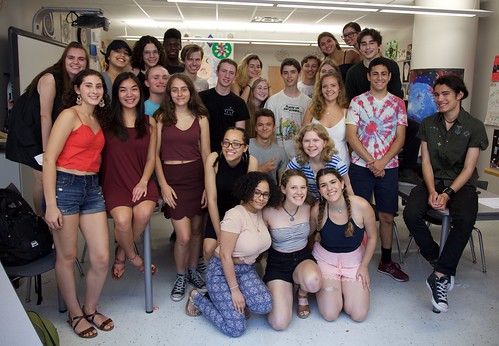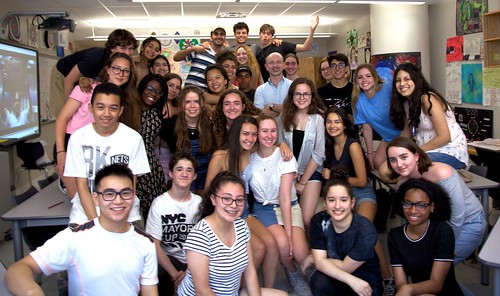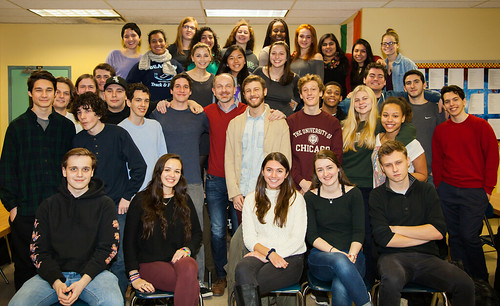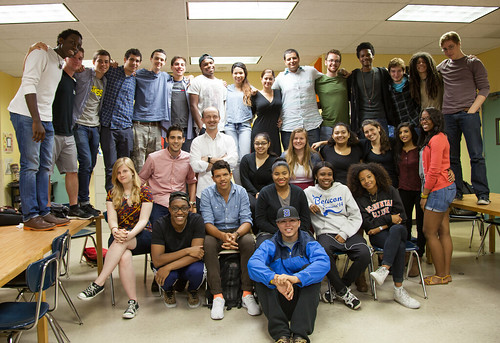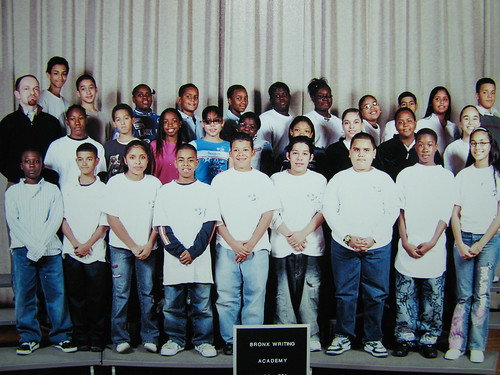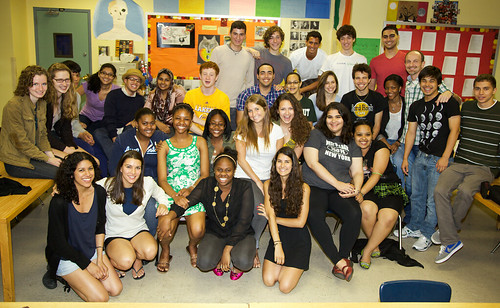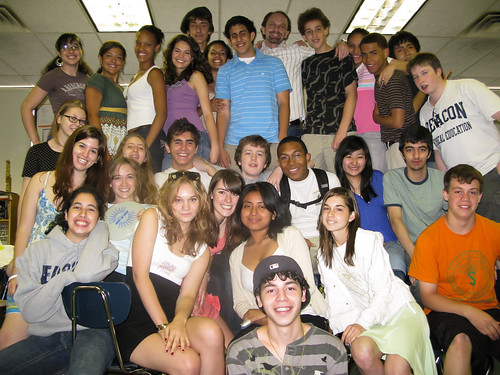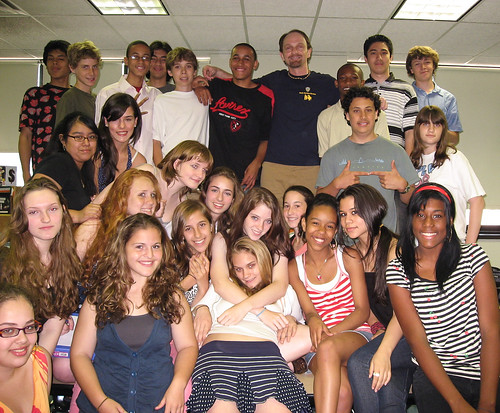Tomorrow, we open with a brief discussion of This is Water! The goal of this discussion is understanding.
1. Reading–Read and annotate Her Kind by Anne Sexton and Lady Lazarus by Sylvia Plath. As we use these poems and those of Emily Dickinson to practice writing topic sentences, keep in mind that we are actually (and more importantly) laying the thematic foundation for our first unit. I remind you that this involves sensitive subjects such as depression and suicide.
2. Writing–Tonight, you will write a total of three topic sentences. The first will be a continuation of the one started in class today with a focus on one of Emily Dickinson’s poems. You should do the same for Sexton’s Her Kind and Plath’s Lady Lazarus. Keep in mind the template: topic=observation + opinion.
Remember, when choosing a point of analysis you are assigning value to that point. So, choosing to build a paragraph around Dickinson’s “loaded gun” is to suggest that that metaphor is IMPORTANT! It is critical to understanding the poem. If you have questions, email me.
3. Vocab Section–You should have your first five vocab words by the end of this week. Formatted like this:
- Autonomy
The power of a country, group, etc. to govern itself; existing/acting separately from others.
Encouraging autonomy in the classroom, Mr. Johnson’s students developed a sense of self-reliance that benefitted them later in life.
Noun
Source: 1984, p. 146


